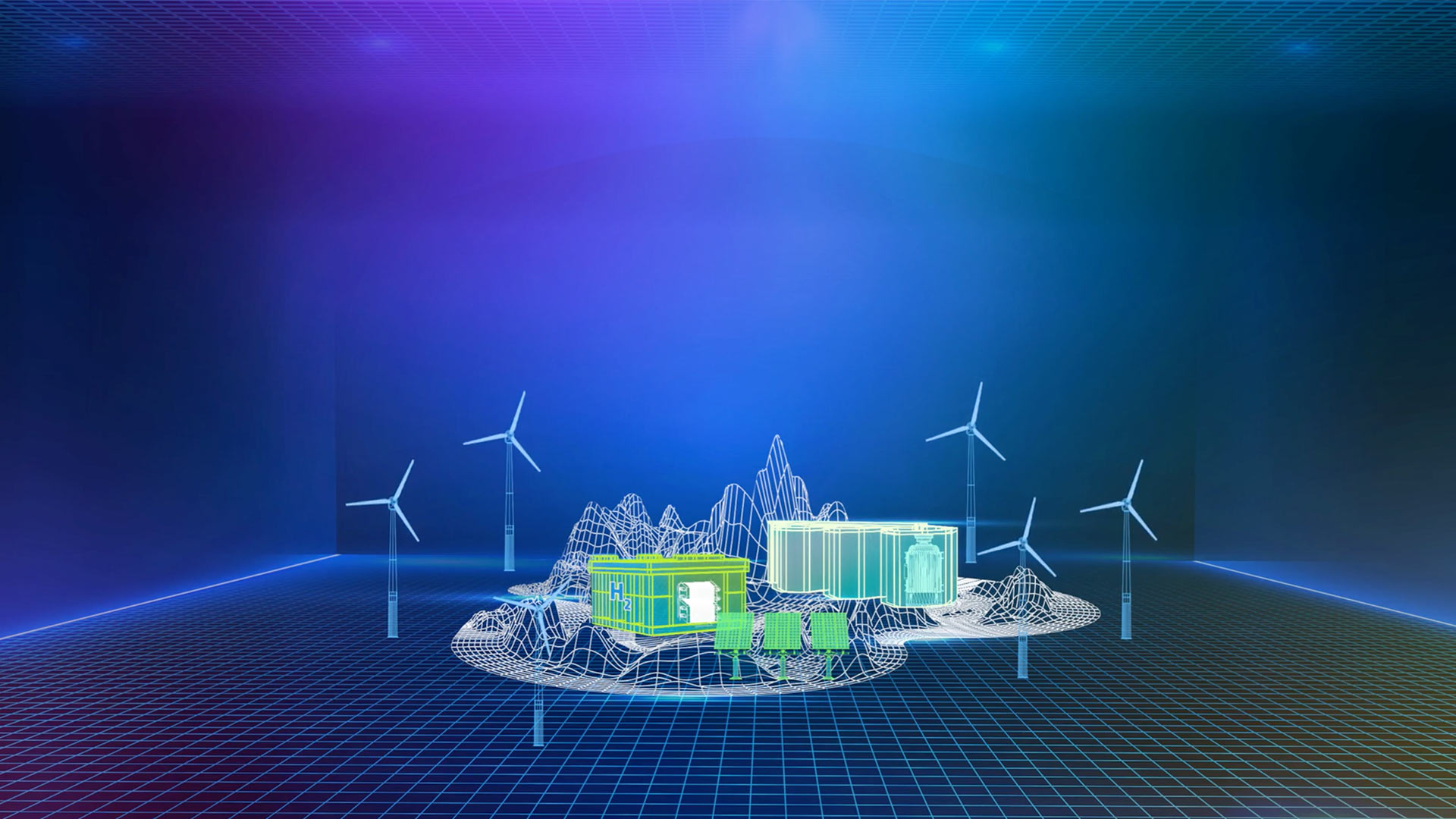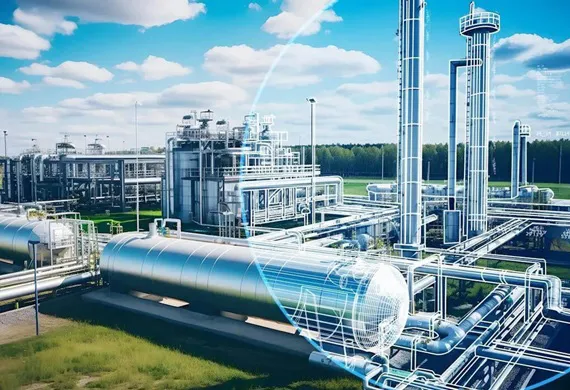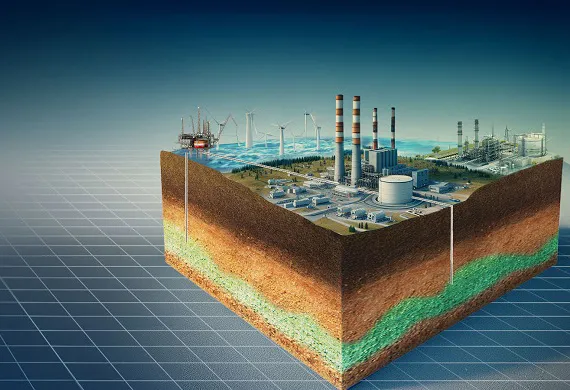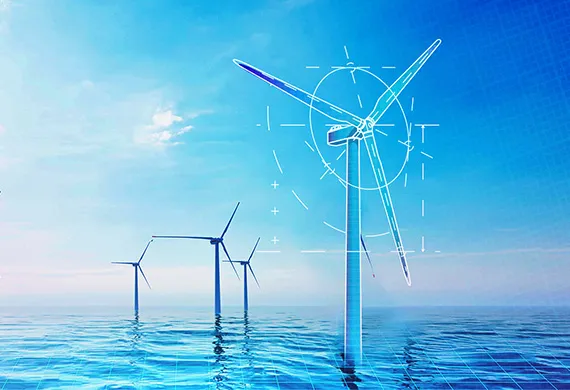The Power Plan for a Smooth Energy Transition
Speed up the shift to clean energy for a brighter tomorrow.
Renewable energy is on the rise. By 2050, as much as 80%1 of newly-built power capacities will be renewables. Along with power generation systems that emit zero greenhouse gases, clean and renewable energy is pivotal to phasing out fossil fuels. But is the energy transition happening fast enough?
Carbon emissions must be halved by 20302 to curb the effects of climate change. At the same time, electricity demand continues to grow while geopolitical tensions threaten energy security. Power companies need to take action now — by accelerating the energy transition, transforming their electricity mix and ramping up carbon footprint reduction.
At Dassault Systèmes, we aim to energize your transition initiatives and catalyze sustainable change. Backed by innovative solutions, extensive experience and concrete strategies to decarbonize global energy systems, we enable virtual universes where tomorrow’s energy achievements come to life today.
Jumpstart Your Energy Innovation
Why is Energy Transition Important?
Shifting from fossil-based energy systems to sustainable and low-carbon alternatives is crucial to reduce the power sector’s sizable carbon footprint. This energy transition is important because it can:
Decrease global dependence on fossil fuels while enhancing energy security and independence
Strengthen the competitiveness of renewable energy, leading to long-term cost savings for customers
Positively impact communities by creating additional job opportunities and supporting local economies
Driven by our commitment to advance the global clean energy transition, we engaged with industry leaders in the Nordic countries as well as the UK and Ireland to gain insights into the energy sources of the future. From offshore wind farms and energy islands to fusion power and smart grids, it’s evident that electricity generation, storage and distribution are rapidly evolving. Virtual twin experiences will be a key enabler in imagining and testing sustainable energy innovations to validate novel power systems and accomplish ambitious goals.
By 2050, global electricity demand will surge by over 60%. Meeting this need requires the accelerated development of a mix of low-carbon energies comprising renewables, nuclear and hydrogen. Using a model-based systems engineering approach and virtual twins to simulate, test and optimize complex energy systems – including power plants, wind farms and electric grids – before real-world deployment can help energy companies mitigate the risks, reduce time to asset in operations and increase overall performance.
When it comes to designing, delivering or maintaining energy infrastructure with confidence, you can rely on Dassault Systèmes. Our solutions offer science-based virtual worlds for you to break down knowledge silos, innovate with boundless possibilities and realize the sustainable energy solutions of the future.
Together, we can create a responsible power plan that paves the way for a seamless energy transition and ensures access to affordable, reliable, sustainable and modern energy for all.
Explore Our Solutions
1Source: “World Energy Outlook 2022” by International Energy Agency (October 2022)
2Source: “Climate Change 2022: Mitigation of Climate Change” by Intergovernmental Panel on Climate Change (April 2022)









